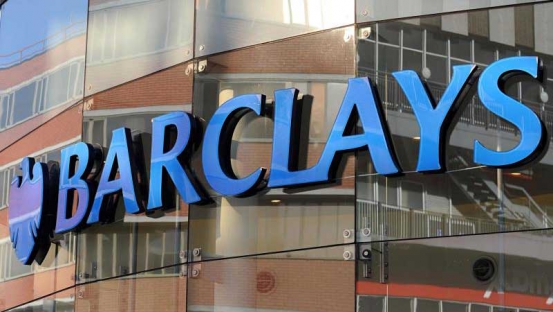×
The Standard e-Paper
Home To Bold Columnists

Alternative service channels elbowed out a record 2,517 workers from the banking halls in 2016 as management moved to break the expensive brick and mortar model.
This marked the fourth straight year that banks are shrinking their staff size to increase their cost to income ratio, a measure of efficiency. The 2016 drop translates to nearly four times the number of jobs (711) that were lost in 2015.